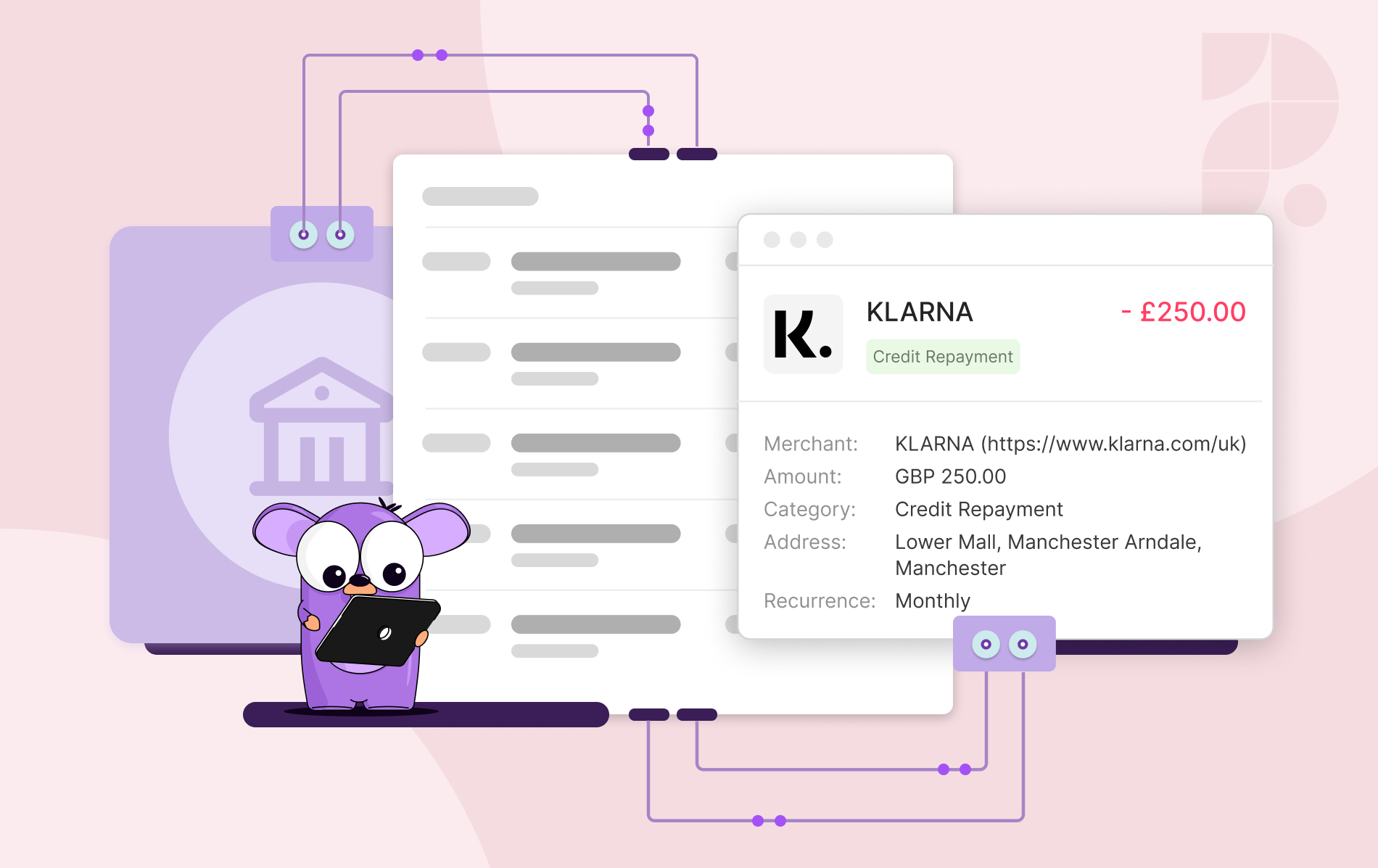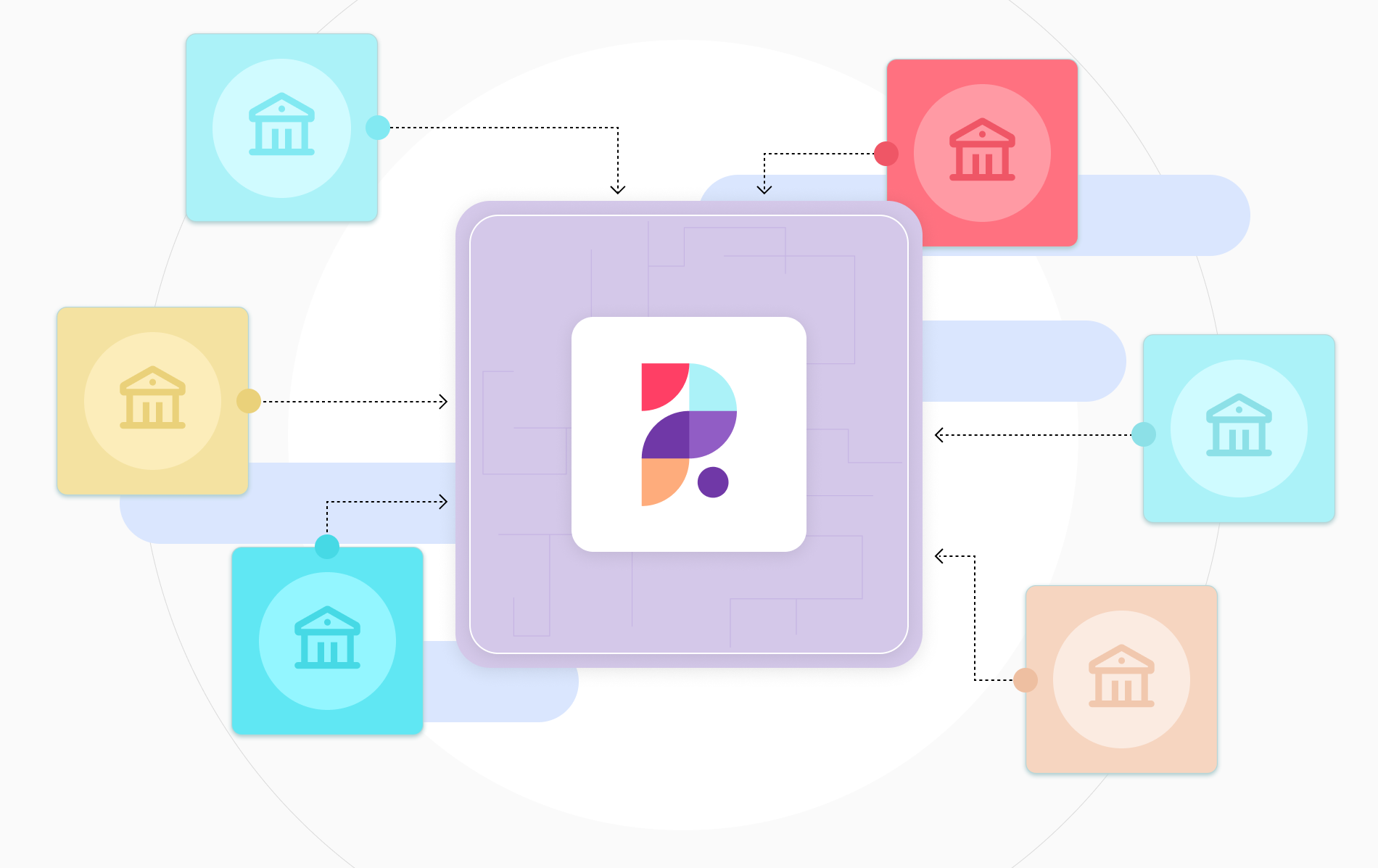By expanding the scope of traditional credit risk assessments, FriendlyScore enables borrowers to make more financially inclusive lending decisions, especially regarding the often underserved group of near-prime customers.
Today’s credit risk assessments, which rely heavily on credit scoring, have long been the benchmark for assessing whether you are eligible for credit. They also determine the quality of credit you will receive: a higher credit score generally translates to lower interest rates.
Whilst it is easy to determine credit eligibility for individuals at either end of the scoring spectrum, there is a subset of customers in the middle known as “near-prime” where things are less clear.
Near-prime customers generally have a good credit history with a few mild blemishes or lack credit history (so-called “thin file” customers). They comprise roughly one-quarter of the UK population and tend to be susceptible to credit rejection and resorting to low-quality credit such as payday loans.
Estimates suggest that around 10 to 20% of this group are perfectly creditworthy, representing an untapped market for credit providers. The question then becomes how to identify them reliably.
A new way of looking at credit risk
By relying primarily on bureau data (that is, your credit history), today’s credit assessments miss crucial data regarding your ability to make monthly payments contained in debit transactions. As such, they may misrepresent your actual creditworthiness. Around 97% of UK adults own at least one current account, and it is perhaps near-prime customers who stand to benefit the most from credit decisions based at least in part on this type of data.
By leveraging the power of open banking, FriendlyScore can use both credit and debit information to generate a more comprehensive credit risk assessment, which includes:
- Data on regular, non-credit payments such as rent, utilities and insurance
- Risky spending patterns, such as gambling behaviour
- Cashflows between accounts, including savings contributions
- Income and employment metrics
FriendlyScore can quickly identify thin-file customers who are otherwise perfectly creditworthy by extracting these data points from current account data.
This approach can also shed new light on near-prime customers struggling to obtain credit due to some mildly adverse activity on their file. FriendlyScore can contextualise such events in the broader setting of a customer’s financial activity. For example, that missed credit card repayment six months ago may have coincided with a large unexpected repair bill. This extra information may be the difference between being accepted or rejected for credit.
FriendlyScore now offers open banking solutions that can help lenders better assess thin-file and other near-prime customers. You can also try their product for free with their one-month introductory offer. To find out more, visit www.friendlyscore.com today.



